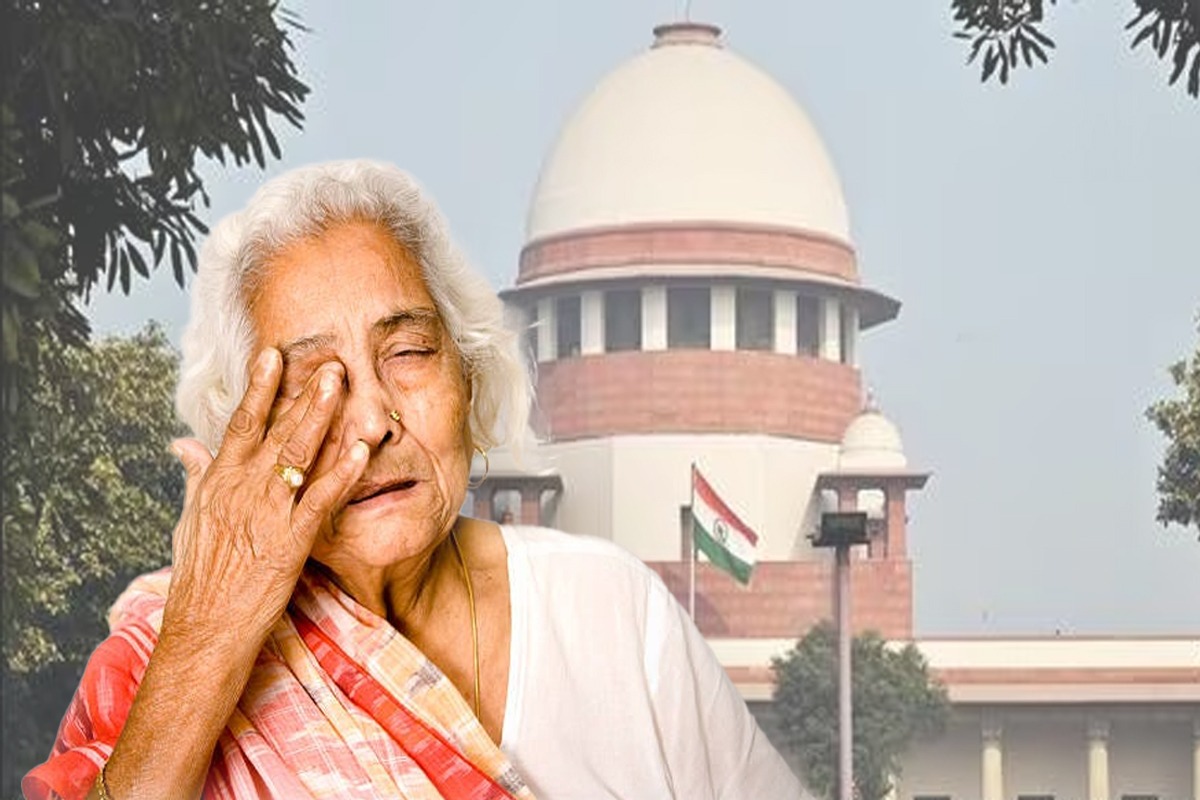

The Act is a major advancement in India’s protection and well-being for senior citizens. In addition to protecting them from abuse and neglect, it has been mandated that children and family members look after their parents and elderly relatives.

In India, elderly people and their parents’ maintenance and well-being are very important. Senior citizens’ rights are recognized by the Indian Constitution, which also includes provisions for their care and protection. To protect the interests of senior citizens, the Maintenance and Welfare of Parents and Senior Citizens Act, 2007 was passed. The Act allows children and other family members to provide for the maintenance of elderly parents and relatives. It requires the children and other family members to take care of their elderly parents and other relatives who are unable to take care of themselves. According to the Act, a parent can be either a biological, adoptive, or stepparent, and a senior citizen can be anyone 60 years of age or older.
The Act is a major advancement in India’s protection and well-being for senior citizens. In addition to protecting them from abuse and neglect, it has been mandated that children and family members look after their parents and elderly relatives. Seniors who are unable to care for themselves now have a safe and secure environment thanks to the construction of old-age homes. Nevertheless, in many regions of the nation, the Act’s implementation has been sluggish and ineffectual. The maintenance claim procedure is laborious and time-consuming, and the tribunals established to settle disputes are frequently non-operational. The government must take action to guarantee that the Act is implemented correctly.
Also read:
Mental health laws need change – THE NEW INDIAN
The constitutional acknowledgement of the rights of elderly people forms the basis of the 2007 Act. A senior citizen is someone who is sixty years of age or older. It describes a parent as a parent, biological, adoptive, or stepparent. This wide word ensures that senior individuals receive care and support regardless of their family background and reflects the Act’s goal to include a variety of family arrangements. One of the core components of the Act is the obligation placed on children and family members to provide care for their aged parents and other dependents who are unable to support themselves. The needs for housing, food, clothes, and medical attention are all part of this maintenance. The Act enforces legal assistance, highlighting the advantages of intergenerational care and upholding traditional ideas of familial obligation.
The Act allows assisted living institutions to be built, which step in when children or family members neglect or abandon elderly people. Seniors without family support can find a safe sanctuary in these retirement communities. By meeting their emotional and psychological requirements in addition to their physical ones, this program helps the elderly feel more connected to one another and more friendly. The Act introduces the concept of tribunals as a mechanism for settling welfare and maintenance disputes. In addition to hearing cases regarding the elderly, these courts are entrusted with offering a targeted and efficient dispute-resolution process. Procedural improvements are necessary since the effectiveness of these courts is undermined by issues such as non-functionality and a lengthy claims procedure.
Also read:
Mental health of reformers and dissenters among Indian Muslims – THE NEW INDIAN
The Act places a strong emphasis on the government’s obligation to offer elderly medical facilities and security. That makes it imperative that the government ensure that the healthcare needs of senior residents are met, with an emphasis on the accessibility of affordable healthcare services. The government is also charged with making sure that senior citizens are safe and secure, which serves as more evidence of the state’s dedication to their well-being. Despite being a commendable endeavour to protect the elderly, the 2007 Maintenance and Welfare of Parents and Senior Citizens Act has encountered significant challenges in its implementation. Concern should be expressed about the uneven and sluggish enforcement across the country. Extended claims processes and dormant tribunals highlight the crucial. To address the challenges of implementing the Act, the government must take proactive measures. This means revitalising inactive tribunals, streamlining the claims process, and spreading knowledge to ensure that the Act’s provisions are well understood. Improving the Act’s legislative framework and establishing oversight protocols can contribute to its better implementation.
In conclusion, the Maintenance and Welfare of Parents and Elderly Individuals Act is essential to safeguarding the protection, maintenance, and welfare of senior individuals in India. Proactive actions are necessary, though, if the Act is to have a genuine beneficial effect and promote an inclusive community that cherishes its older people. The Act’s current implementation issues must be addressed by the government. This entails bringing inactive tribunals back to life, optimising the claims process for increased efficiency, and aggressively raising public awareness of the Act’s provisions. The effective implementation of oversight processes and the improvement of the legal framework can also aid in the successful implementation of the Act. We can establish a society where seniors’ rights are respected by implementing these proactive actions.
The authors are law scholars from Kashmir University and are interested in women’s rights, good governance, judicial activism, social justice and environment conservation, respectively.